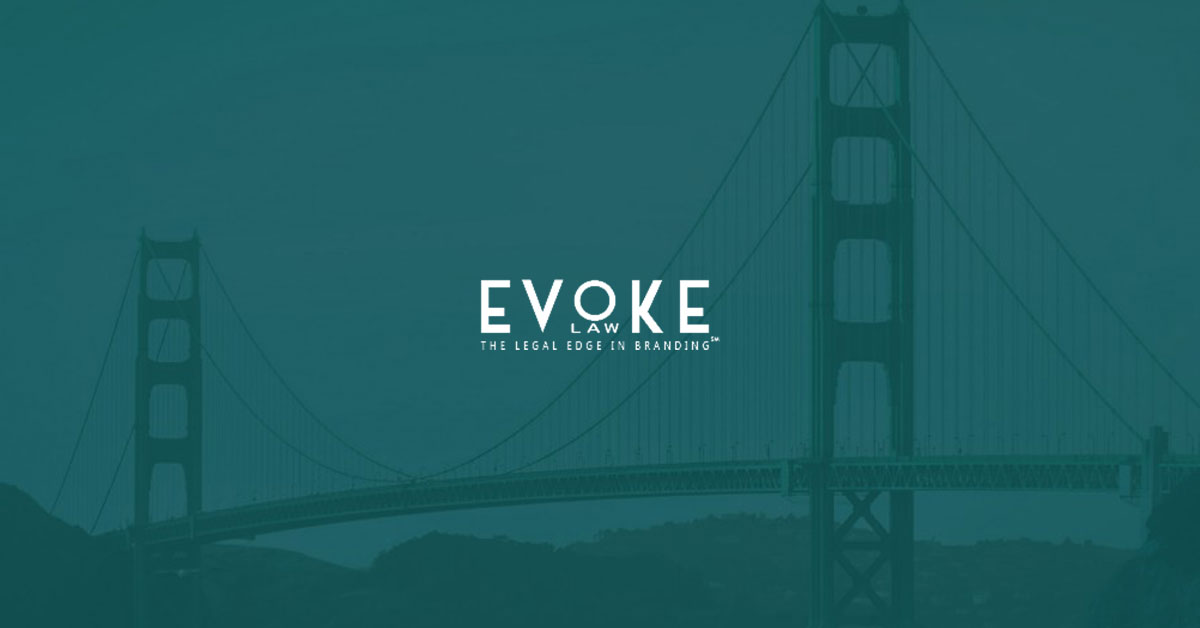When a trademark is infringed, an owner understandably feels violated and angry. Notwithstanding this reaction, it is important to understand, at the outset, that the most common legal remedy for trademark infringement is not monetary damages, rather through litigation, an injunction, i.e., getting the court to order the infringer to stop using the senior user’s mark. Under certain limited circumstances, the Lanham Act (the federal regulation of trademarks) does provide for awards of monetary damages, including the following types of monetary damages: (1) disgorgement of the defendant’s profits; (2) actual damages; (3) reasonable royalty; (4) attorney’s fees; and (5) costs.
Consider that awards of monetary damages are reserved for severe cases of infringement and typically require evidence of willfulness, actual confusion, or unjust enrichment. If litigation is not initiated or maintained through trial, monetary damages are possible through settlement negotiations.
Below we discuss the different types of damages and when they may be awarded following litigation.
1. Disgorgement of the Defendant’s Profits
An infringer’s profits can be calculated in two different ways: (a) unfairly earned profits can be disgorged as a function of the profits themselves being earned undeservedly, or (b) the infringer’s profits can be used as a measure of the trademark owner’s own loss (proxy theory). However, courts are divided on whether willful or willfully ignorant infringement must be proven to be awarded disgorgement based on unjustly earned profits, but recovery based on the proxy theory typically does not require willfulness. For reference, willful infringement refers to when the infringer knows or has been put on notice they are infringing an owner’s mark, but continues to do so. Willful ignorance is more nuanced and can refer to a party being willfully ignorant of trademark law, which is not a defense. Or, willfully ignorant can refer to a situation where, under the circumstances, the party should have known their use was infringing.
2. Actual Damages
A plaintiff can recover actual damages which are the economic losses caused by consumer confusion. Economic loss can be proven through evidence of diverted sales or a customer survey demonstrating confusion and is calculated through a demonstration of lost profits (i.e., revenue the owner would have received but for the infringement) or loss of goodwill (i.e., comparing the value of the trademark’s goodwill before and after the infringement). Additionally, if there was any corrective advertising, the costs associated with that corrective advertising can be included in the calculation of actual damages. Notwithstanding these methods of calculation, actual damages can be difficult to prove in a court of law.
3. Reasonable Royalty
An alternative to actual damages is an award of a “reasonable royalty,” which is compensation based on the amount of a reasonable license the infringer should have paid to the senior user to license the mark. Determining what is considered “reasonable” is extremely subjective and often leaves both parties unsatisfied. Courts are split on the approach to awarding a reasonable royalty, with some courts requiring that the parties have had an existing licensing relationship in order to grant damages based on a reasonable royalty, while others allow a calculation based on a hypothetical negotiation.
When allowed, some courts use a multifactor approach to calculating a reasonable royalty that considers (1) the nature and scope of a licensee’s use, (2) special value to the infringer, (3) the amount a reasonable licensee would be willing to pay, (4) the profitability of the infringing use, and (5) lack of viable alternatives in calculating damages, and (6) any expert testimony.
4. Attorneys’ Fees in “Exceptional” Cases
Prevailing parties may recover attorneys’ fees – but only in “exceptional” cases. Though “exceptional” is not defined, damages in the form of attorneys’ fees may be awarded when the infringement is shown to be deliberate, willful, fraudulent, or malicious.
In fact, most trademark infringement claims are resolved through settlement, rather than at the end of court trial. Without a court decision, it can be very challenging to obtain monetary damages through settlement, but settling a dispute can be favorable in significantly reducing costs and the time period between learning of an infringement and the infringer ceasing to use the senior user’s mark.
